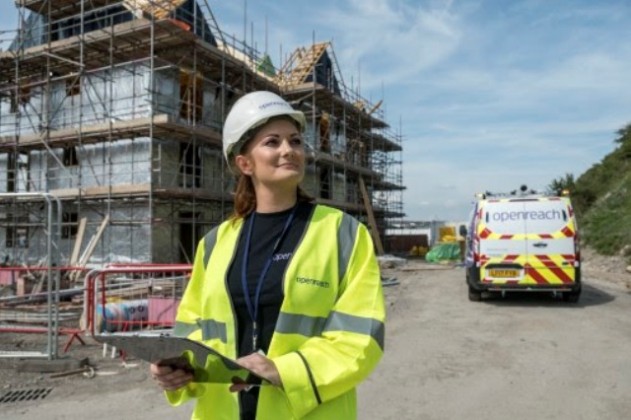UK announced a number of action plans as part of the proposed investment of $6.6 billion for bringing fiber broadband to its remote regions focusing on high-speed Internet and 5G mobile in 2020.

First, Britain will insist that all new build properties will have full fiber connections. Mobile operators will be able to enter tenanted buildings to connect renters, and competition will be promoted amongst commercial providers.
The target is to connect 15 million homes with full-fibre broadband by 2025 – as set out in its Future Telecoms Infrastructure Review.
Second, Ofcom, telecom regulator of UK, will review its broadband access policy with focus on fiber, while expanding the scope of connectivity.
Openreach, a part of BT, will be asked to offer ducts and poles to companies offering high-speed lines for large businesses, as well as networks carrying data for mobile operators. At present, Openreach allows competing providers to use its telegraph poles and underground ducts to lay their own fibre cables to companies offering residential and small-business services.
Ofcom may deregulate if there are competing networks emerge in one geographical area, said Ofcom. Besides, Ofcom will extend the period of its telecoms market reviews from three years to at least five years.
Third, Openreach announced a new wholesale discount structure for fibre broadband, giving certainty on prices for 3-5 years.
The discounts are available to any business – including small CPs – that grows its Fibre-to-the-Cabinet (FTTC) and Fibre-to-the-Premises1 (FTTP) customer base on Openreach’s superfast or ultrafast network by an agreed proportion.
BT expects that the new pricing structure for fibre broadband is likely to have adverse impact on Openreach’s revenue and EBITDA in 2018-19.
BT believes that the new pricing structure will allow CPs to encourage their customers onto better services and to move the majority of Britain’s homes and businesses onto superfast and ultrafast platforms.
The UK government hopes the majority of the population will have 5G mobile access while 15 million premises should have full-fiber broadband by 2025. It wants full-fiber broadband coverage across all of the country by 2033.
“We want everyone in the UK to benefit from world-class connectivity no matter where they live, work or travel,” culture minister Jeremy Wright said.
The broadband market is dominated by BT in Britain, with its infrastructure arm Openreach seeking to connect fiber to 3 million premises in 2020.
Other operators rely on this core network, including pay-TV groups Sky and TalkTalk and mobile operators such as Vodafone and O2, Reuters reported.
Cable operator Virgin Media, owned by John Malone’s Liberty Global, covers more than half of the country while smaller fiber providers are developing, including the Goldman Sachs-backed CityFibre.
Britain is lagging many of its European peers in the race to deliver full-fiber networks that generate speeds of 1 Gbps, with only 4 percent of premises connected, compared with Spain on 71 percent and Portugal on 89 percent.
